| Jesús E. Franco Martínez | |
|---|---|
 | |
| Personal Information | |
| Born: | 1981 in México City |
| Home: | Chimalhuacán, México StreetView |
| Fedora-specific Information | |
| FAS-Name: | tezcatl |
| Fedora-Mail: | tezcatl@fedoraproject.org |
| Miscellaneous Information | |
| Private Mail: | jefrancomix@gmail.com |
| GPG-Key: | 7DB83A59 |
| IRC: | tezcatl on Libera.Chat, in: |
| #fedora-latam, #fedora-docs | |
| Badges (18) | |
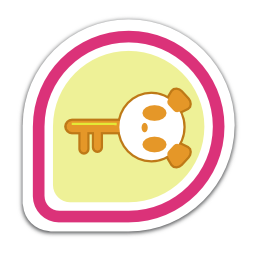       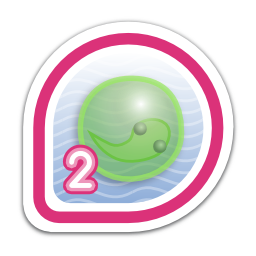 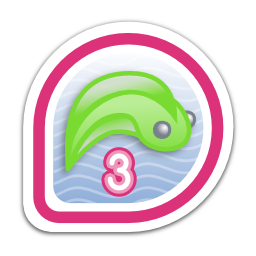    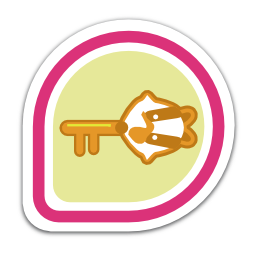 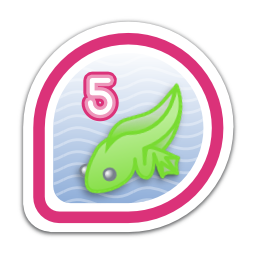    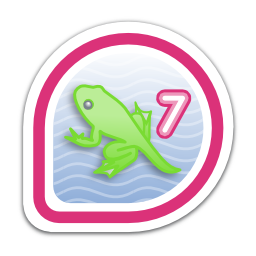
| |
Ambassador from México
Translator to Spanish
Working on wiki, website, and some Guides of Fedora.
Si encuentras un error en una traducción al español
Please if you find an error on a Spanish translation
Por favor, envíame un correo, un dent (@tzk en identi.ca), o llena un reporte de error en Bugzilla. Estamos solicitando una instancia en fedorahosted, donde podría ser más sencillo reportar errores. Mientras tanto, puedes escribir a la lista de traductores en español.
Please, send me a dent, a mail to tezcatl(at)fp.o, or file a bug in Bugzilla (versus Fedora Localization, component Spanish). We also requested a trac instance on fedorahosted, in order to get easily bug reports.
Also looking for ways to my team (Spanish) gets better working in a more #OpenSourceWay.
Actualmente estamos buscando nuevas maneras de mejorar la comunicación, rendición de cuentas y contribuciones en el equipo de traducción al español. Si tienes ideas que compartir, por favor, dáte una vuelta por la lista de traductores al español
Trac instance for Fedora-Trans-Es (Spanish translators)
A Trac instance would let us:
a) Easier reporting of bugs.
b) Automated reporting of bugs solutions/progress made into mailing list.
c) An easy to start point to new translators, on fixing bugs, or (re)assign themselves new issues as new guides translation.
d) A complement to sharing knowledge, to mailing list.
e) An easy way to build/maintain translation memories of our team, helping us to rise the quality of our translations.
f) Overall, offering an experience to build a team of translators communicating more, not less. And welcoming new contributors.
Working with free culture communities The OpenSource way
Failing sometimes, and it's important to saying to learn from it
Failed a collaboration with folks of edusol.info to develop a course of GNU/Linux for folks illiteracy on ICT, several reasons:
- Originally was announced as course about GNU/Linux (the most generic apps, Gnome based), but it ended developing a course for Ubuntu (with all the crap about software centre locked in).
- Worse, having a mailing list and public drupal wiki space, the core decissions was taken closed-doors, at private meetings and without at least publishing minutes to the public spaces.
- As part of it several proposals from our side to outline the course materials on ICDL currículum or others of our own, were always rejected avoiding any discussion on the course goals.
This said, i should outline some raw lessons:
- A project unfriendly to #OpenSource as core value can be dangerous. Once you get accustomed to Fedora openness, it's hard to downgrade to closed doors to discussion and lack of transparency.
- Also, if we as Ambassadors are going to approach to other projects for collaboration, we should know a clear statement of vision and mission, in order to avoid future misunderstanding about the degree we share goals and methods with those projects.
- We must study better The OpenSource way and try to apply more firmly its lessons.
1. Also, I'm working with Máirín Duffy and Tatica (my mentor!) on translation and delivery of a course for kids about Inkscape.
2. I'll start soon to write a Fedora User Guide for:
a) Thin clients (LXDE spin focused)
b) People with no-knowledge on ICT (using Fedora as first OS).
This won't be based on the ICDL curriculum mainly, but exploring another ways of empowering people at ICT's, using innovative environments aimed to education, as Sugar. Too, the license for the Basic Linux course on edusol.info has a too restrictive license (NC) for Fedora, but i'm gaining experience on designing courses and working with people with no my same preferences at all.
About me
I'm user of Fedora since a year and a half ago, and Linux systems since 2006. I tried before with Knoppix and Ubuntu-derivatives, Gentoo and Ututo but Fedora has proven to be the most flexible, easy but powerful and stable i've tried so far. It runs on our netbooks, and the family desktop (a fairly old Pentium3 @133MHz with just 256 MB RAM)
I work as mentor in a k12 school in a suburb of Mexico City, and i have experience with adult people and kids on social centres spreading freesoftware, you can read about that experience on Alfabetización Tic / Proyecto Fedora LATAM.
